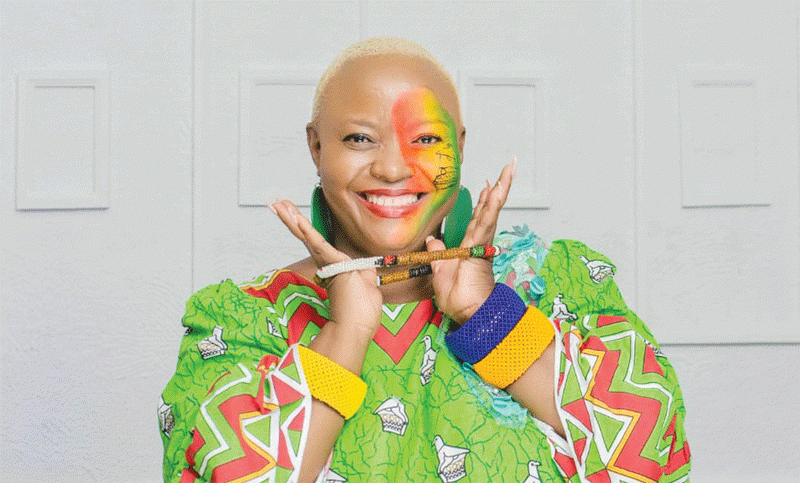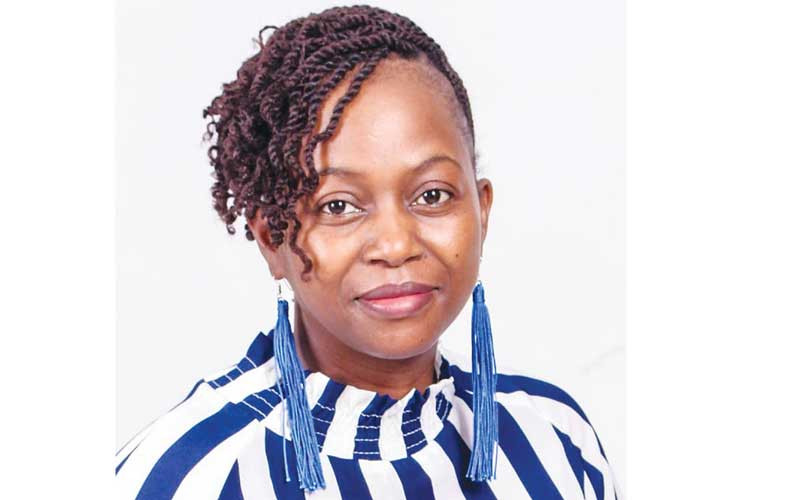
MOTIVATED by the desire to empower individuals residing in marginalised communities, Sipho Mazibuko established the Miss Rural Zimbabwe pageant.
It provides a platform for rural girls and boys to exhibit their skills and serve as change agents in their own communities.
The pageant is targeting youths in rural areas with limited access to resources and opportunities to participate.
It requires the models to be between the ages 18 and 25, who have never been married and do not have children.
They must have passed five Ordinary Level subjects, a 100% rural background subject to verification, maximum dress size of 38, have natural hair or naturally braided hair and living in a rural setting.
NewsDay Weekender Life & Style caught up with the Miss Rural Zimbabwe founder Sipho Mazibuko to shed more light on the pageant’s inspiration and objectives, measures being put in place to reach out to marginalised communities to encourage girls and boys to participate and how the pageant sought to empower and support girls in marginalised communities, among others.
Traditional leaders also contributed their perception of the initiative.
About the pageant
- Mazibuko retraces footstep to rural areas
- Sipho Mazibuko calls it a day
- Talk of having lots in common: SA’s Sophie Ndaba and Mazibuko reunite
- Miss Rural Africa on the cards
Keep Reading
The Miss Rural pageant came into being through the inspiration of empowering rural girls to become changemakers in their communities.
We target rural areas, where the youth have limited access to resources and opportunities.
Our purpose is to provide a platform for rural girls and boys to showcase their talents, build confidence and develop leadership skills.
Our main objectives include promoting education, healthcare and economic empowerment for rural girls.
Outreach programmes being put into place
We have established an outreach programme that engages rural communities through the chiefs and their wives, among other traditional leaders, although we are still in talks on mapping out a way forward.
With the help from the ICT ministry, we have agreed to conduct workshops and training sessions to encourage participation in digitisation and build trust among rural youths.
Empowerment and support in marginalised communities
The pageant seeks to empower these youths by providing a platform for them to voice their concerns, develop their skills and build their confidence.
We aim to challenge harmful gender stereotypes while promoting positive role models.
By participating in the pageant, rural youth become changemakers, inspiring others to pursue their dreams.
Initiatives aimed at supporting participants, plans of continued support
Our initiatives include education on entrepreneurship through our projects like Esteemed Business Women Zimbabwe.
We also provide mentorship and training in areas like leadership and life skills.
We plan to continue supporting rural girls through sustained outreach programmes, mentorship, resource allocation and funded trips to China.
We are opening a shop for Miss Rural contestants to hone their business skills.
We have sponsors on standby to fund their trips to China.
Each provincial winner will have a borehole drilled and a Starlink kit installed at their homestead.
An office hut will be built at the winner’s home, where she can receive issues to be attended to from her contestants who are her eyes in each district.
Issues like child marriages, gender-based violence and any other form of abuse will be nipped in the bud or reported on time.
After the pageant, the provincial queen’s duties will include all of the above as well as identifying orphans and underprivileged children in each and every district.
ICT minister Tatenda Mavetera has offered 30 laptops for the national finals contestants consisting of two female models and a male per province, where models will undertake ICT training and will be taught how to navigate social media.
The National Aids Council will also come on board and teach them about the dangers of promiscuity.
Musician Sandra Ndebele-Sibindi will teach them on the benefits of tapping into their talents.
We are hoping that the First Lady, Her Excellency Dr Auxillia Mnangagwa will carry out the Gota/Nhanga/Ixiba programme for the models for the national finals during the boot camp.
Since the national dress fabric will be used for most of the models’ outfits, we believe it will teach them to be proud of their Zimbabwean identity and know about the importance of the national dress.
Uplifting stories
The pageant has already seen a significant impact in the lives of rural girls from its former winners.
I educated the inaugural winner Abigail Mabhoni from Nemamwa near Great Zimbabwe through high school and put her at Solusi University, where she became a human resources graduate.
I also took her with me on several trips to China to teach her not to rely only on work, but have several income streams.
She has worked at Econet as a customer services executive since graduating from university in 2008.
The others I have equipped with business skills, Miss Chivhu 2004, is now a farmer of note specialising in organic food.
Juliet Ncube from Plumtree, who had never been to town, secured a top modelling contract with Heads Models in Johannesburg, South Africa.
She is now a top model, having done South Africa Fashion Week and has been the face of many advertising campaigns. Juliet is currently the face of Telkom airtime.
Yolanda Shumba is now based in France as a top model and Evangelista Mulambo from Chipinge is now based in Italy as a top model.
Chief Mbusi Bekithemba Dakamela’s view of the pageant
Mr/Miss Rural pageant is a good thing for the youths in marginalised areas since it seeks to showcase their talents, beauty, culture and creativity within these areas.
It creates an appreciation from the outside world, the diversity of cultures within our rural set-ups and exposes the youth who will contest in the pageant, not only them, but the peers around them will also be encouraged and inspired to take part in this pageant.
I have welcomed the initiative with open hands. It is very important as it demystifies the reasons behind marginalisation of rural areas because the more the activities in rural areas, the more it speaks to the government that it cannot leave these people behind.
We have seen a large number of rural-urban migration as youths seek greener pastures, such as better education and better facilities, which leaves a huge gap.
Eventually, some of the socioeconomic challenges faced by rural communities will then be addressed, for example, education and employment, so that we keep the youths in the rural areas.
In future, we anticipate a rise in the number of projects led by the youth, cultural diversity, an embrace of our culture and development of rural communities such as infrastructural development to ensure that we create an industry where youths can survive.
Equal opportunities should be available to both rural and urban areas.







